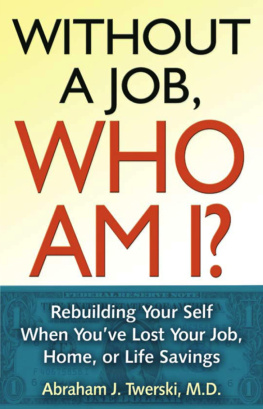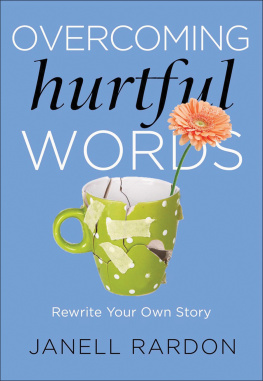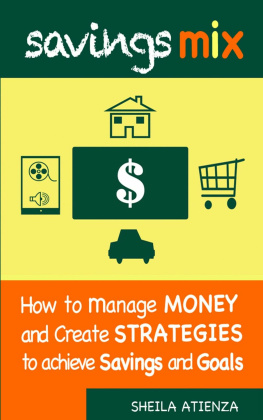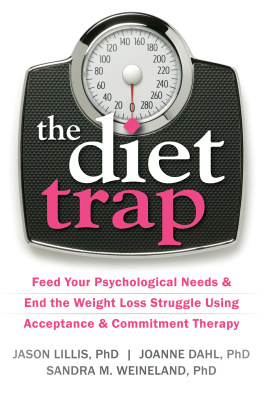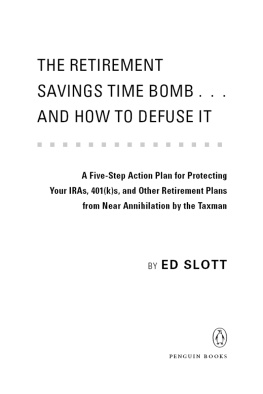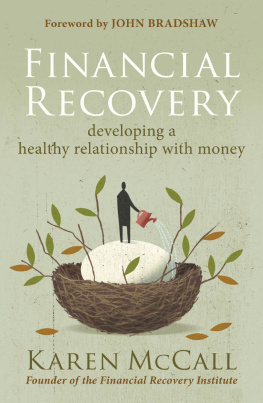Without a Job, Who Am I?
Without a Job, Who Am I?
Rebuilding Your Self When Youve Lost
Your Job, Home, or Life Savings
Abraham J. Twerski, M.D.

Hazelden Publishing
Center City, Minnesota 55012
800-328-9000
hazelden.org/bookstore
2009 by Abraham J. Twerski
All rights reserved. Published 2009
Printed in the United States of America
No part of this publication may be reproduced, stored in a retrieval system, or transmitted in any form or by any meanselectronic, mechanical, photocopying, recording, scanning, or otherwisewithout the express written permission of the publisher. Failure to comply with these terms may expose you to legal action and damages for copyright infringement.
Library of Congress Cataloging-in-Publication Data
Twerski, Abraham J.
Without a job, who am I? : rebuilding your self when youve lost your job, home, or life savings / Abraham J. Twerski.
p. cm.
Includes bibliographical references.
ISBN 978-1-59285-832-3 (softcover)
Ebook ISBN 978-1-59285-892-7
1. Life change eventsPsychological aspects. 2. Self-esteem. 3. Adjustment (Psychology) 4. UnemploymentPsychological aspects. 5. Finance, Personal Psychological aspects. I. Title.
BF637.L53T94 2009
155.93dc22
2009033653
Editors note
The names, details, and circumstances may have been changed to protect the privacy of those mentioned in this publication.
This publication is not intended as a substitute for the advice of health care professionals.
Alcoholics Anonymous and AA are registered trademarks of Alcoholics Anonymous World Services, Inc.
Some stories in this book have been passed down through oral tradition, and the original sources are unknown to the author.
Some stories in this book have been quoted or retold from The Sun Will Shine Again with permission from the publisher, ArtScroll/Mesorah.
13 12 11 10 09 1 2 3 4 5 6
Interior design and typesetting by BookMobile Design and
Publishing Services
To my loving wife, Gail,
without whose inspiration and encouragement this
book would not have been possible
Contents
Acknowledgments
Introduction: Why I Wrote This Book
CHAPTER 9 Lemons into Lemonade
Notes
Acknowledgments
I THANK the thousands of people who have shared their lives with me over the past fifty years.
INTRODUCTION
Why I Wrote This Book
IT SEEMED TO COME OUT OF NOWHERE . True, a few economists had been issuing dire warnings for some time, but hardly anyone heeded them. Then, in the fall of 2008, the economic tidal wave struck, suddenly and furiously. Millions of jobs were lost, trillions of dollars of savings were wiped out, and mighty financial institutions crumbled. Homes were foreclosed and families were rendered destitute. People who had felt secure in their lives found themselves floundering without support. It was indeed an economic tsunami, and the backwash has devastated many of us.
A friend called me, suggesting I write something that might provide some moral support to victims of this disaster. Not wishing to be redundant, I visited a major bookstore to see what had already been published on the subject. I was surprised to find that although there were a number of books by economic pundits explaining the sources of the crisis and financial gurus with advice about money, there was nothing in the way of moral support for sufferers.
As a psychiatrist, I have been taught how to treat depression, and as a rabbi, I have tried to offer solace to people in grief. But neither of these skills appeared relevant to the mass upheaval resulting from the economic meltdown. Perhaps, I thought, the reason there are no books on the subject is that there is nothing one can say.
But that idea gave me no peace. When I entered medical school, I was told that the role of a physician is to cure sometimes, but to relieve always. The heads of nations may confer on how to cure our economys ills, but so far their efforts have not produced dramatic results. Some Band-Aid measures have been offered, but the wounds are too deep to be treated with mere Band-Aids. And even though the economy will no doubt turn around eventually, millions of people who have lost their jobs and savings will be feeling the effects of this crisis for some time to come.
Perhaps, I thought, I might find something in my fifty-plus years as a psychiatrist and a rabbi that might provide a modicum of comfort to the victims of the worst economic disaster in recent memory.
But what can one do for someone who is unemployed or is otherwise facing financial ruin? There is no way we can find a person a job when there are no jobs to be had. Theres no way to restore the value of a 401(k) that is nearly worthless. The depression resulting from such devastating blows is not going to be relieved by Prozac, at least not for the long run.
As both a physician and cleric, I have felt the utter frustration of wanting to help someone who is suffering, but finding that I am powerless. What could I say to relieve some of their agony? I have been with parents who have lost a child and with patients who were told that there was no effective treatment for their cancer. But strangely, people do get some comfort, minuscule as it may be, from someone simply being there with them. There are few words of wisdom that can relieve the pain of these tragedies, and yet, by being completely silent, it may seem that we are indifferent, and that may make it worse.
Especially in the United States, people are motivated by and identify with the American Dream of success. The forms of such success are many, but they almost always include both financial comfort and career accomplishments. In fact, upon meeting a new person, we Americans are most likely to introduce ourselves in terms of what we do for a living. Usually, we assign a certain level of status and comfort to various occupations. This means we see ourselves, and other people, as having worth primarily in terms of the career we have (or once had, if we have now retired). But if a person is only what one does and what one earns, then what happens when that is taken away? One is left with nothing.
But there can be more, and indeed there is more to life, than what we do (or did) and what we earn.
As I pondered these questions, strangely enough, I was inspired by a comic strip in the newspapera cartoon that posed the question that is the title of this book and that suggested at least one answer. Beginning with that, I tried to find additional answers for people who ask or think the question, Without a job, who am I?
If reading this book brings any relief to these people, I will feel richly rewarded.
CHAPTER 1
Am I My Job?
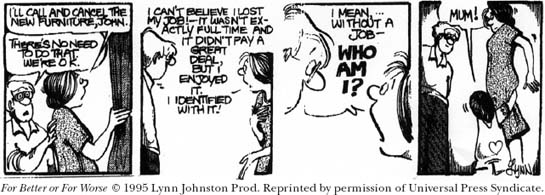
PERHAPS YOURE FAMILIAR with the comic strip For Better or For Worse by artist Lynn Johnston, who has been documenting American middle-class life for three decades. In the strip above, the main character, Elly, has lost her job. She feels that her family may not be able to afford things they want, but husband John reassures her they can survive. Still, the furniture is not Ellys central problem. In exasperation, she cries out, Without a job, who am I? Daughter April knows better. Her mind has not been distorted by societys warped values. April embraces Elly, which says to her better than a thousand words could, Youre my mother, job or no job!

